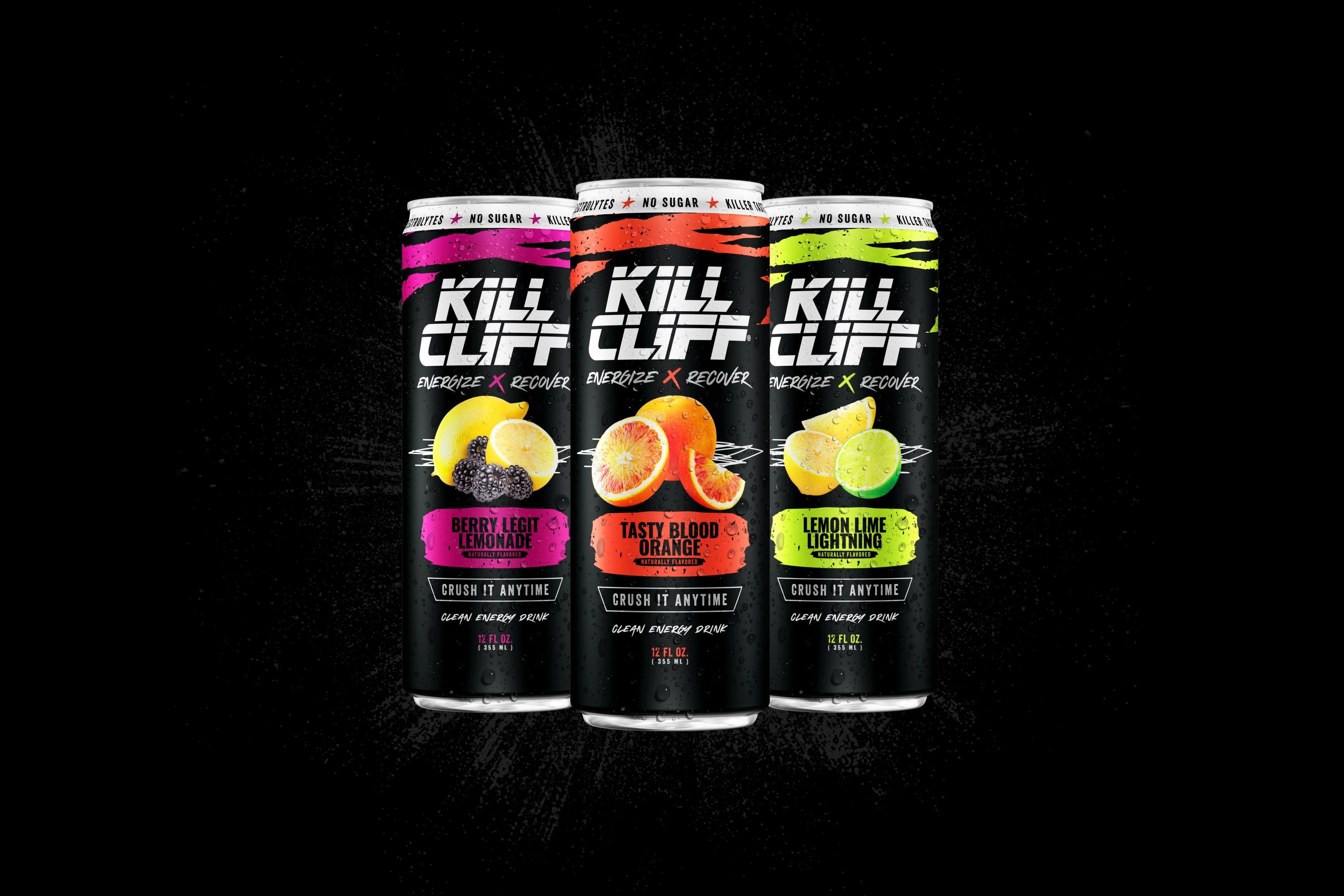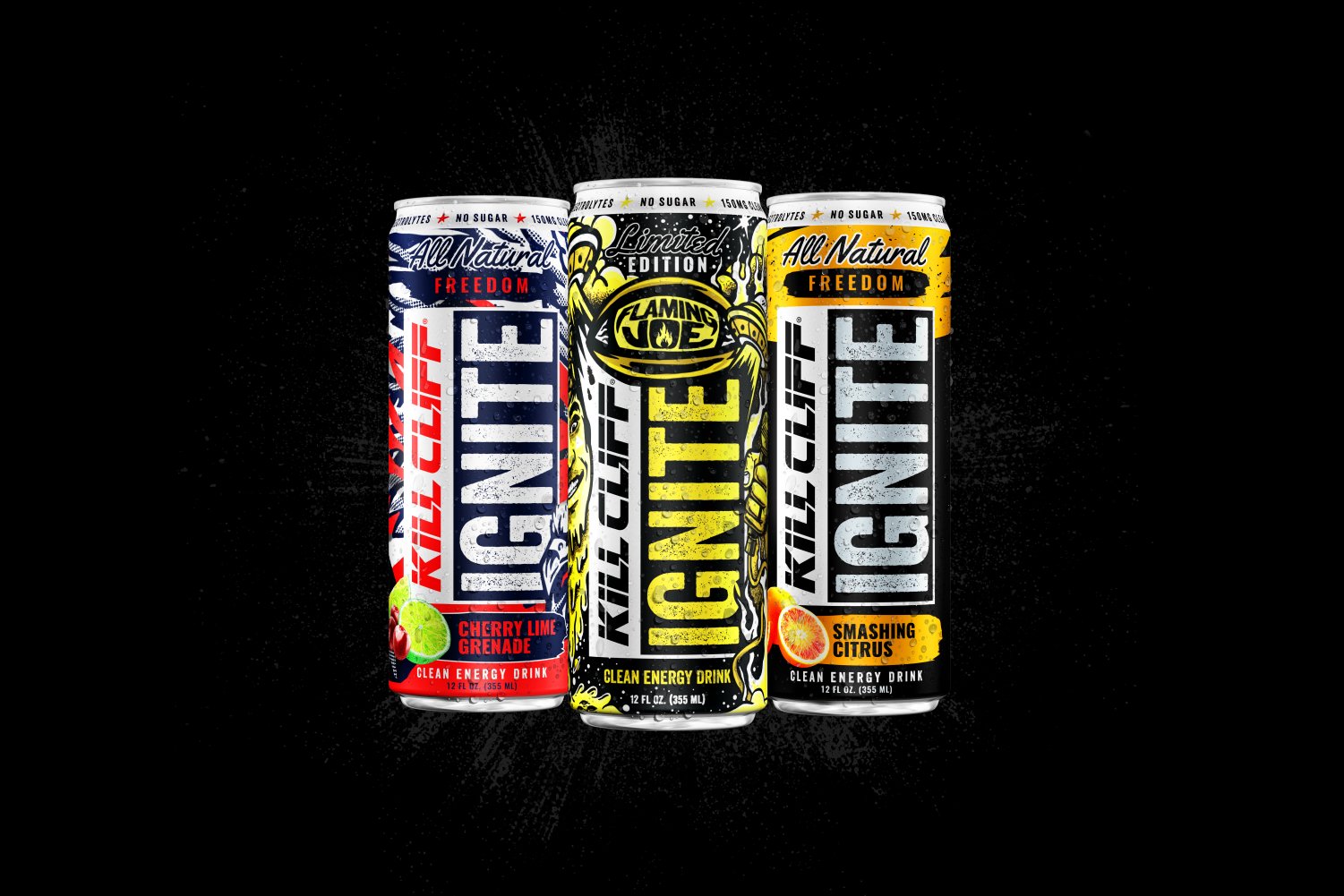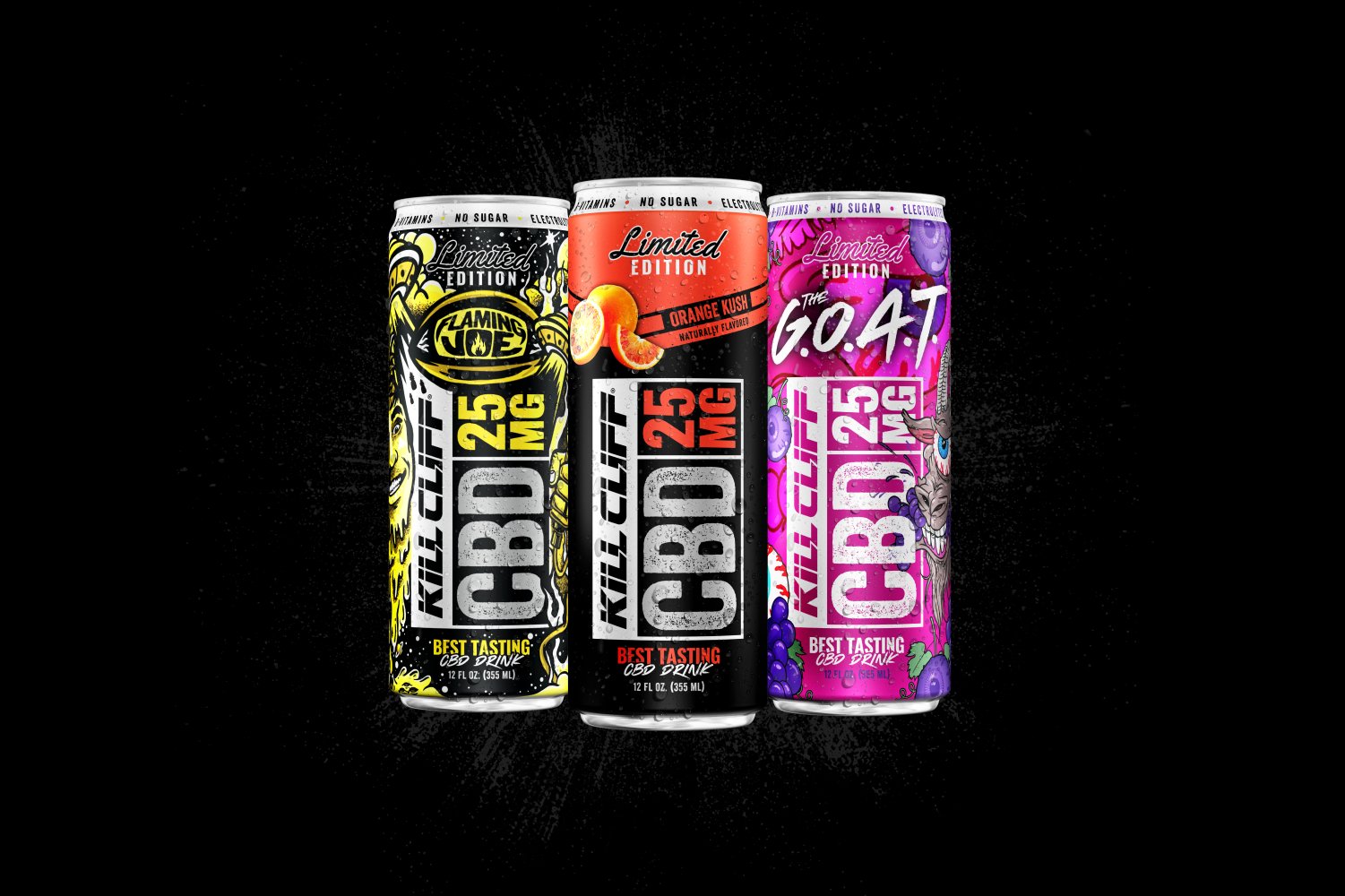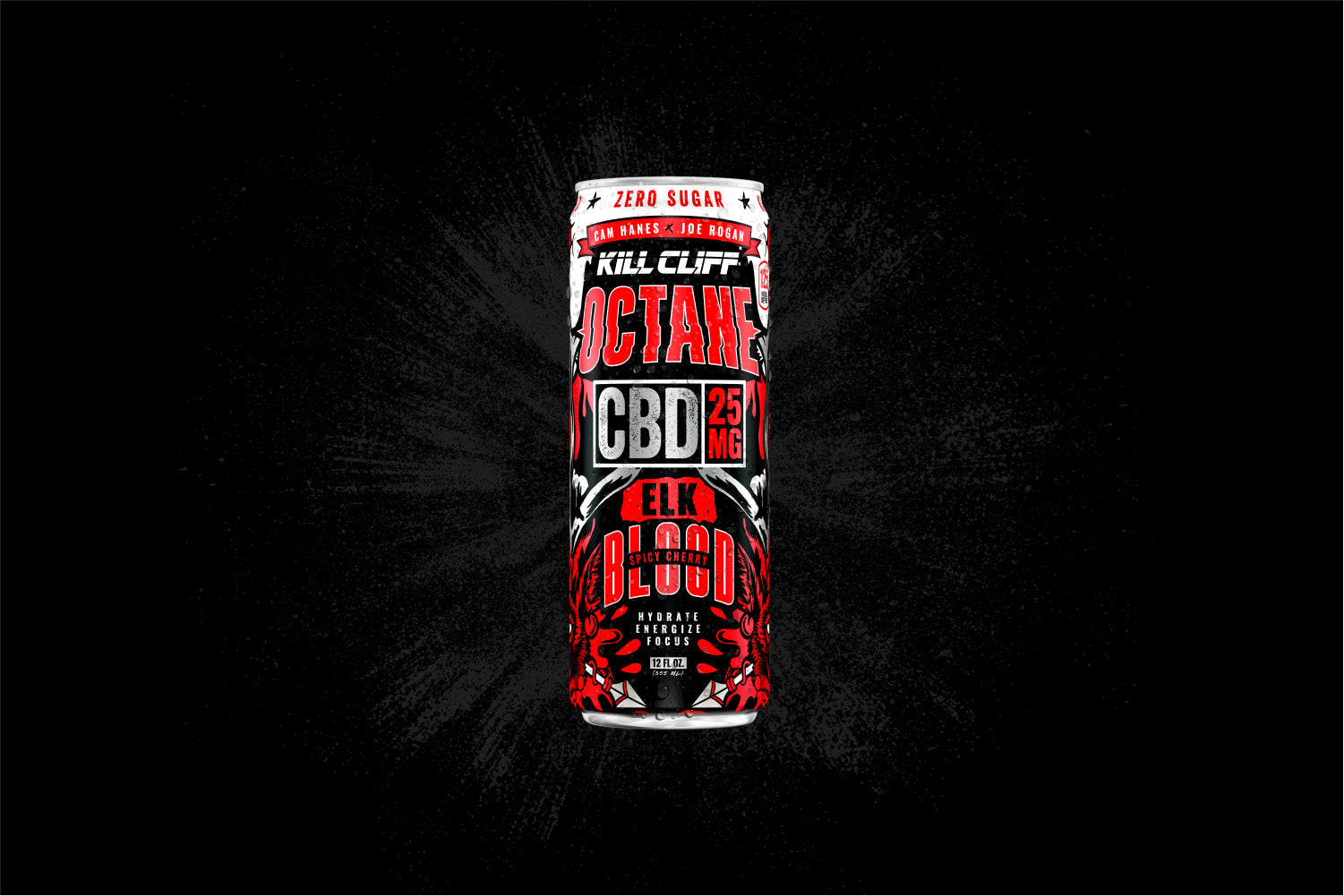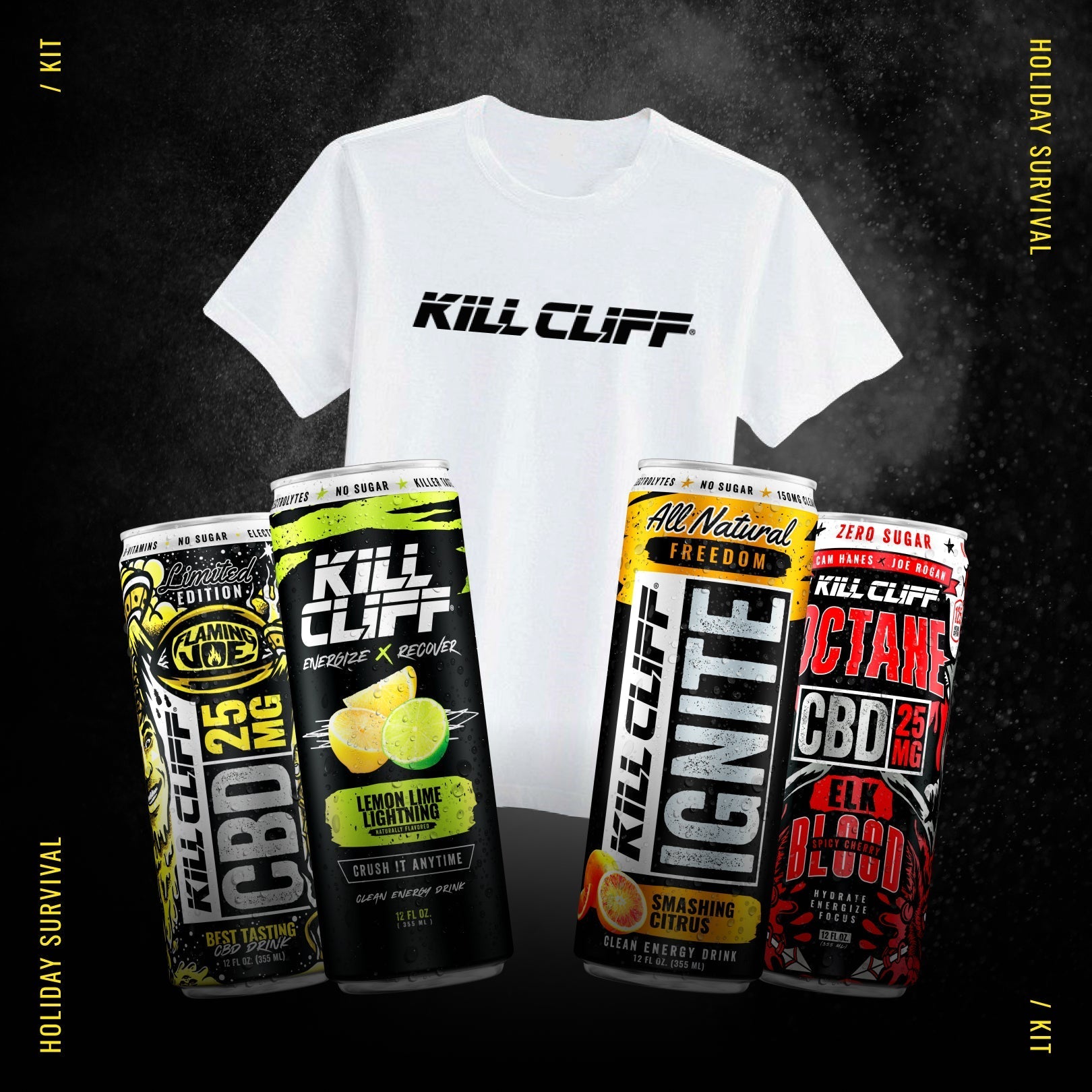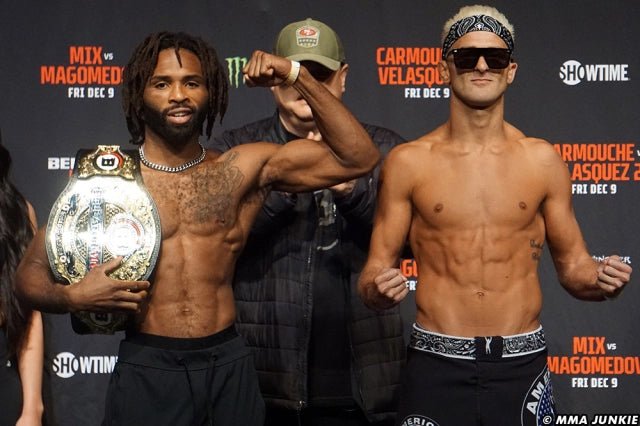Sleep, we all know it is important, but the vast majority aren’t getting enough. In fact, some estimates put the number as high as 2 in 3 Americans suffering from sleep deprivation. Recently I posed a question on Twitter asking experts in the field of Strength and Conditioning what the number 1 recovery modality was for student athletes who participated in strenuous training programs. The options were:
- Breakfast
- Cool Down / Stretching
- Sleep
- Post Training Nutrition.
While all are important, I was blown away by the lack of understanding from those who are deemed “experts” within my field of Strength and Conditioning.
Now, to play devil’s advocate, I probably could have further clarified “important,” so I’ll clarify now by re-posing the question in more than 140 characters. “What recovery modality is most impactful on positively affecting physiological profile, biomechanical function, injury reduction, cognitive performance and physical performance?” With that out of the way, the answer is Sleep.
Numerous studies have shown that sleep is directly correlated to testosterone production in healthy men. In fact, it is nearly as straight forward as saying “the more you sleep, the higher your testosterone.” One of the best studies on the subject compared testosterone levels to hours slept per night, and came away with data showing every hour of sleep lost has a direct negative impact on testosterone level.
Not surprisingly, recent studies have also shown that Testosterone levels have declined in every generation over the past 20 years. In my opinion, the biggest lifestyle change in those 20 years have been obesity and sleep pattern changes. Interestingly enough, obesity has been accounted for and determined to be the main factor. I will go out on a limb and attribute sleep pattern changes as the biggest factor in lower testosterone. TVs in the bedroom and smartphones in the bed are the biggest culprits in my opinion, and while this is an opinion, there is enough anecdotal evidence to support that 20 years ago there wasn’t a tv or smartphone in every bedroom. I feel so strongly about this that I have a rule in my house, no tvs in the bedroom, and smartphones turn off at 9 pm (my wife breaks rule 2 constantly, but what you gonna do?).
Injuries are also affected by sleep, and recent studies have shown just how important sleep is to staying healthy. Athletes who sleep less than 8 hours per night are 1.7 times more likely to have had an injury compared to athletes who have slept more than 8 hours per night. The quickest way to derail progress is to get injured and stop training and that’s because no matter how much you try to tought through it, Injuries derail training, period. While the athlete generally has no input on the practice scripts, travel, uncontrolled competition environments etc. the athlete does have control over their sleep.
The next factor to consider actually brings us to the shelves of the local supplement super store. Over the years, the biggest product to take up space on the shelves is “Pre-Workout.” While there is plenty of evidence showing benefits of caffeine, amino acids, creatine, etc. most people buy pre-workout because they are mentally fried before hitting the gym. We know that sleep is tied to cognitive function and energy levels, so it is no coincidence that sleep is directly tied to the same buzz words being thrown around on pre-workout labels: drive, focus, energy, etc. I will be the first to say, there are absolutely great pre-workout products on the market, but the BEST pre-workout on the market is 8 hours of sleep, a big breakfast and adequate hydration (another article for another time). If your testosterone is in the dumps, your adrenals are fried, and your focus is so shot that you need 3 scoops of MegaJacked9000 just to step in the weight room, you will not make great progress.
Finally, for those “never sleep,” “sleep when I’m dead,” and “Do work while my competition is sleeping” types, research directly supports a loss in physical performance related to sleep deprivation. It goes back to the fable of the lumberjacks. 2 lumber jacks were cutting down a forest. 1 never stopped, and hacked away hour after hour. The other regularly stopped to sharpen his axe. While lumberjack 1 put in more work, lumberjack 2 was more productive. Once the axe is dull, the performance of the lumberjack suffers. The same can be said for sleep. There is a big difference between working long, working hard, and working long and hard. Those who forego sleep generally find themselves in the working long category. Those who regularly prioritize sleep, will find their days more productive, and the long term results will reflect those productive hours of work.
References
https://www.ncbi.nlm.nih.gov/pubmed/25028798 - Chronic lack of sleep is associated with increased sports injuries in adolescent athletes.
https://www.ncbi.nlm.nih.gov/pubmed/15639755 - Sleep disturbance and injury risk in young children.
https://www.ncbi.nlm.nih.gov/pubmed/17062768 - A population-level decline in serum testosterone levels in American men.
https://www.ncbi.nlm.nih.gov/pubmed/17520786 - Association between sleep and morning testosterone levels in older men.
https://www.ncbi.nlm.nih.gov/pubmed/1287680 - Pituitary-gonadal function during sleep in healthy aging men.
https://www.ncbi.nlm.nih.gov/pubmed/19684340 - Sleep, sex steroid hormones, sexual activities, and aging in Asian men.
https://www.ncbi.nlm.nih.gov/pmc/articles/PMC2453053/ - The Association of Testosterone Levels with Overall Sleep Quality, Sleep Architecture, and Sleep-Disordered Breathing
https://www.ncbi.nlm.nih.gov/pmc/articles/PMC2656292/ - Sleep deprivation: Impact on cognitive performance
https://www.ncbi.nlm.nih.gov/pubmed/25315456 - Sleep and athletic performance: the effects of sleep loss on exercise performance, and physiological and cognitive responses to exercise.
